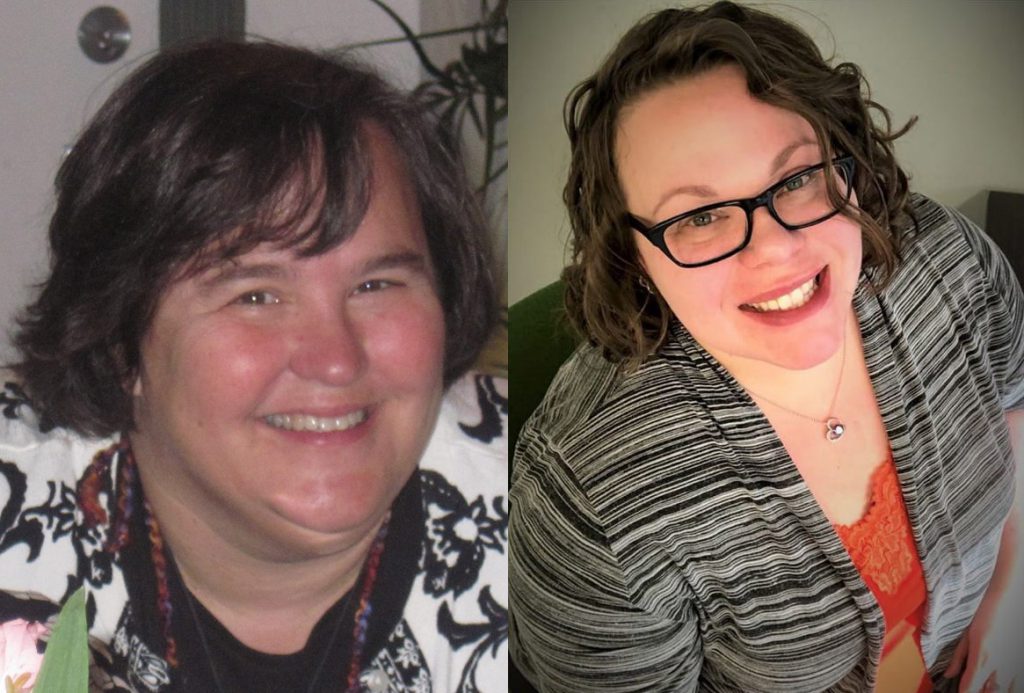CDS panel: Delaware voting options, legal protections empower those with disabilities

Despite obstacles ranging from inaccessible ballots to misinformed poll workers, Delawareans with disabilities have options old and new to ensure their vote is counted in the U.S. general election Nov. 3, according to panelists at an Oct. 21 Center for Disabilities Studies public forum.
The webinar, called “Make Your Vote Count,” featured speakers Laura Waterland, director of the Delaware Disabilities Law Program, and Michelle Bishop, voter access and engagement manager with the National Disability Rights Network. It was the latest in CDS’s Lunchtime Learning series.
Waterland noted how Delawareans with disabilities may vote by mail in 2020 elections under a state law passed several months ago. While voting by mail allows individuals to avoid polling places, minimizing the risk of Covid-19 transmission, it also relies on paper ballots that are inaccessible to people with certain disabilities.
Waterland said two alternatives exist, though neither is perfect: “You can either vote absentee using [the Department of Elections’s] electronic submission system, or you can vote in person.” While emailed absentee ballots are more accessible than paper, the state constitution explicitly excludes people with certain types of disabilities from voting absentee. And while Waterland praised Delaware’s voting machines as having “many, many accessibility features,” polling places can present physical access issues as well as increased risk of spreading coronavirus.
Bishop said that voters with disabilities around the country are facing challenges, many of which Delaware has avoided. Polling place closures have created transportation and physical access barriers for voters in states like Wisconsin, while election security concerns have led to increased reliance on paper for both in-person and mail-in balloting.
Nevertheless, “Access for voters with disabilities, first of all, is the right thing to do. … It’s also still federal law,” Bishop said.
If those voting in person encounter access barriers, they have several options. The first, Waterland said, is to ask for the polling place inspector, who is responsible for ensuring the building and machines are accessible. She also suggested calling the county Department of Elections, the Disabilities Law Program or the national hotline run by Election Protection.
“You certainly still have to vote,” Bishop said. “We need your voice to be heard.”
You can view the entire webinar here.
This entry was posted in About CDS, News, News from CDS.
